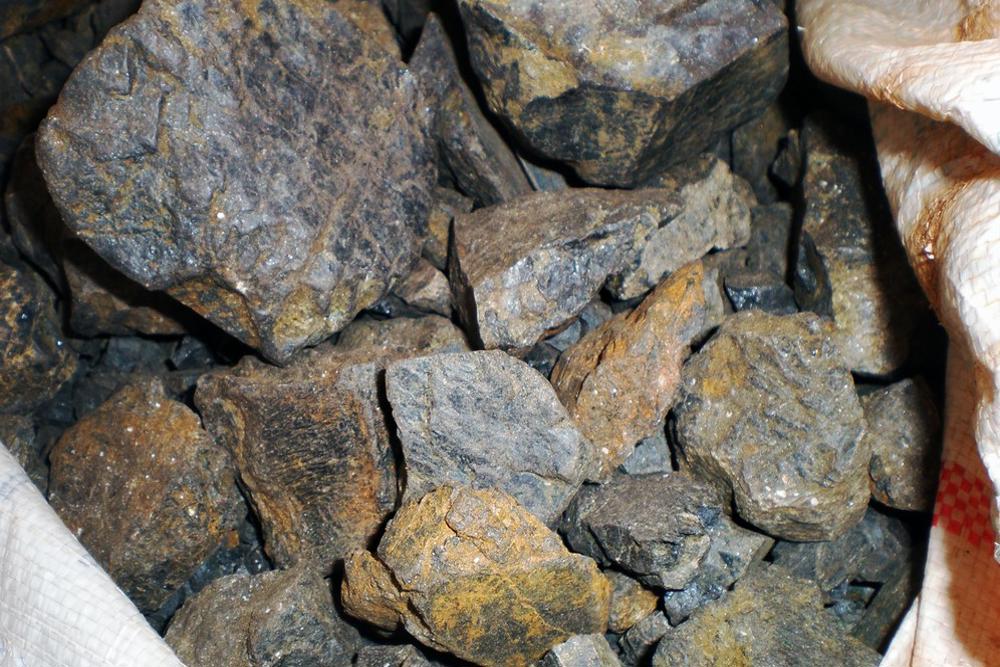
Canada is stepping up efforts to diversify global critical mineral supply chains in response to China’s export restrictions, a move that has created significant challenges for G7 and NATO member states.
According to a report by Reuters, Canada’s Energy and Natural Resources Minister, Tim Hodgson, confirmed that Ottawa is working closely with international allies to potentially fund critical mineral projects designed to reduce reliance on Chinese supply.
The focus is on minerals central to advanced technologies and defense applications — many of which have been subjected to Chinese export limits in recent months.
These restrictions have heightened concerns across advanced economies over access to materials essential for producing batteries, rare earth magnets, and other strategic components.
Referencing industry developments, Hodgson pointed to the recent partnership between US-based MP Materials and the US Department of Defense.
The deal, announced on July 10, aims to establish a domestic rare earth magnet supply chain in the United States, reducing heavy reliance on imports.
“I think you will see us looking at similar types of transactions, working with our allies,” Hodgson said.
“The difference between the MP Materials deal is all of the output goes to the United States there.
“We are interested in doing these sorts of deals in partnership with our allies to share the output with our allies.”
In addition to strengthening collaboration on critical minerals, Canada has announced new measures aimed at protecting its domestic steel industry.
Beginning August 1, 2025, the government introduced a tariff rate quota system.
The scheme applies to all countries with free trade agreements with Canada — except the United States and Mexico.
For countries without such agreements, the tariff-free quota has been cut to 50 per cent of 2024 import volumes, down from the previous 100 per cent allowance.
Imports exceeding the new quota will face a 50 per cent tariff.
The measures reflect Ottawa’s twin priorities: securing critical resources for long-term economic and security goals while shielding sensitive domestic industries from global competitive pressures.













